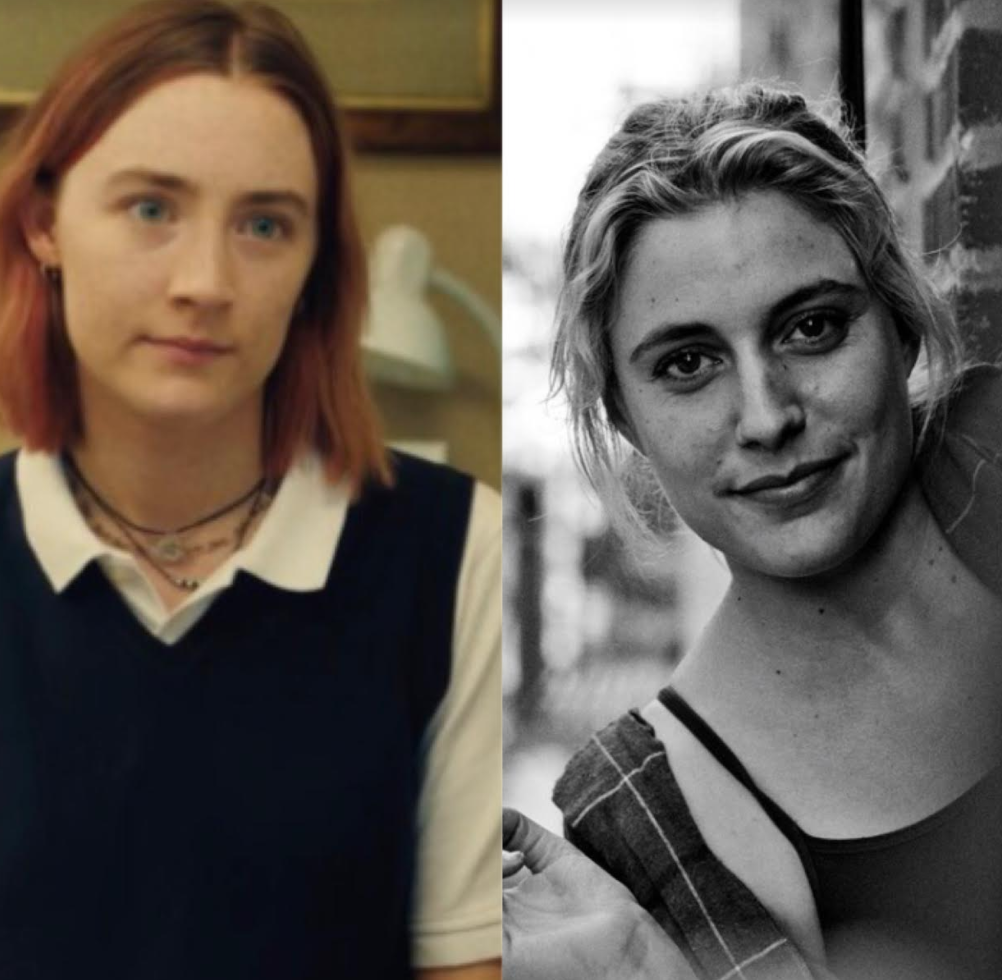Sacramento doesn’t often grace the frames of well-financed, well-acted films (there’s been the way under the radar Other People with Molly Shannon as the only source of “star power,” but that’s about it of late). Greta Gerwig is, apart from Molly Ringwald, the only actress who has ever freely and proudly admitted to being from the Golden State’s capital, accurately billed in one line of dialogue from Lady Bird as “the Midwest of California.” With that in mind, looking back at another major staple of the Gerwig oeuvre, Frances Ha, traces of Lady Bird’s origin story were already present.
As Gerwig elucidates so clearly in both autobiographical works, people have this idea of California when you tell them you’re from it–that it must automatically mean sunshine, beaches, tacos and L.A. In short, everything that Sacramento is not. It’s arid, prone to temperature extremes and located in a valley with no Baywatch-esque Instagram re-creations to be had. There are rivers and lakes, sure. But these are nothing like what has so long been portrayed as the crux of what CA is about: Santa Monica and Venice and Malibu–oh my!
Gerwig is the first of her kind to wield Sacramento as a quaint, pastoral city rather than a perpetual waking nightmare (as evidenced by the tone of most of The Deftones’ discography). It was more than likely this sort of mellowed out angst that led her to collaborate with mumblecore film movement auteurs Joe Swanberg and the Duplass brothers, starting with her debut, 2006’s LOL, centered on the premise of technology’s damaging effects on romantic relationships. After letting her thinly veiled Sacramentoism go masked for so long (the bulk of her early work was always seemingly set in Chicago) in roles like Greenberg‘s Florence Marr or Damsels in Distress‘ Violet Wister, Gerwig at last took a more authoritative stance in her character’s background with the co-writing of Frances Ha. That being said, the addition of a particular plot point toward the end of the second act in which Frances finds herself going back to Sacramento for Christmas (again, to iterate the opening Joan Didion quote from Lady Bird, “Anybody who talks about California hedonism has never spent a Christmas in Sacramento”) accents the out-of-placeness our heroine feels more than ever after being away for so long. Yet there is still an inarguable contentment to returning. As Annie Baker puts it in her Criterion Collection review, “Sacramento is a place of healing (you get your teeth cleaned, you bike, you walk the dog) and earnest engagement with loved ones.” To Lady Bird, there could be no cringeworthier statement than that. And maybe because it rings with too much veracity.
With Lady Bird, the burning desire to flee from Sacramento to the East Coast is something left merely smoldering in Frances, now instead beat down by a separate animal: the cold unforgivingness of a city that cares not about her aspirations. Where Sacramento was a cultural wasteland, New York is overwrought with competition–and worse, from people younger, hungrier and more attractive daily coming in droves. Sure, Frances has her vague success in the form of a teaching position, but it’s not what she had hoped for upon first arriving fresh off the boat from S*&!$*#@*& (still too taboo a word to mention to anyone when first getting to New York and wanting to come across as more urbane than you are).
At the core of the similarities between our two Sacramento heroines is that, sometimes, the dream we wanted so badly to fulfill has to be repurposed, re-amended to fit reality. In Frances’ case, succeeding at being a dancer transforms into being a choreographer (you know what they say about those who can’t do teaching). Where Lady Bird is concerned, the idea of an Ivy League school in New York followed by becoming rich and maybe famous turns into taking what she can get, waitlisted on some unnamed school’s agenda of acceptances. The glamor of New York turns out to be, well, not what she thought, and, of course, not nearly as comforting as the place she has come to appreciate with the benefit of distance: Sacramento. Each woman is looking to find magic in the places that it cannot be manufactured, failing to re-experience the authenticity of a locale as banal as California’s capital. Whether that has to do with the genuineness of the town or the attachment that comes from growing up there is at the viewer’s discretion (but certainly don’t go to Sacramento to find out for yourself). And in suddenly ceasing to fight against the very things that are causing them difficulties–specifically a stubbornness about “where” a person should be in order to be happy–they suddenly find a zen that can only come from self-acceptance, birthplace and all.





















